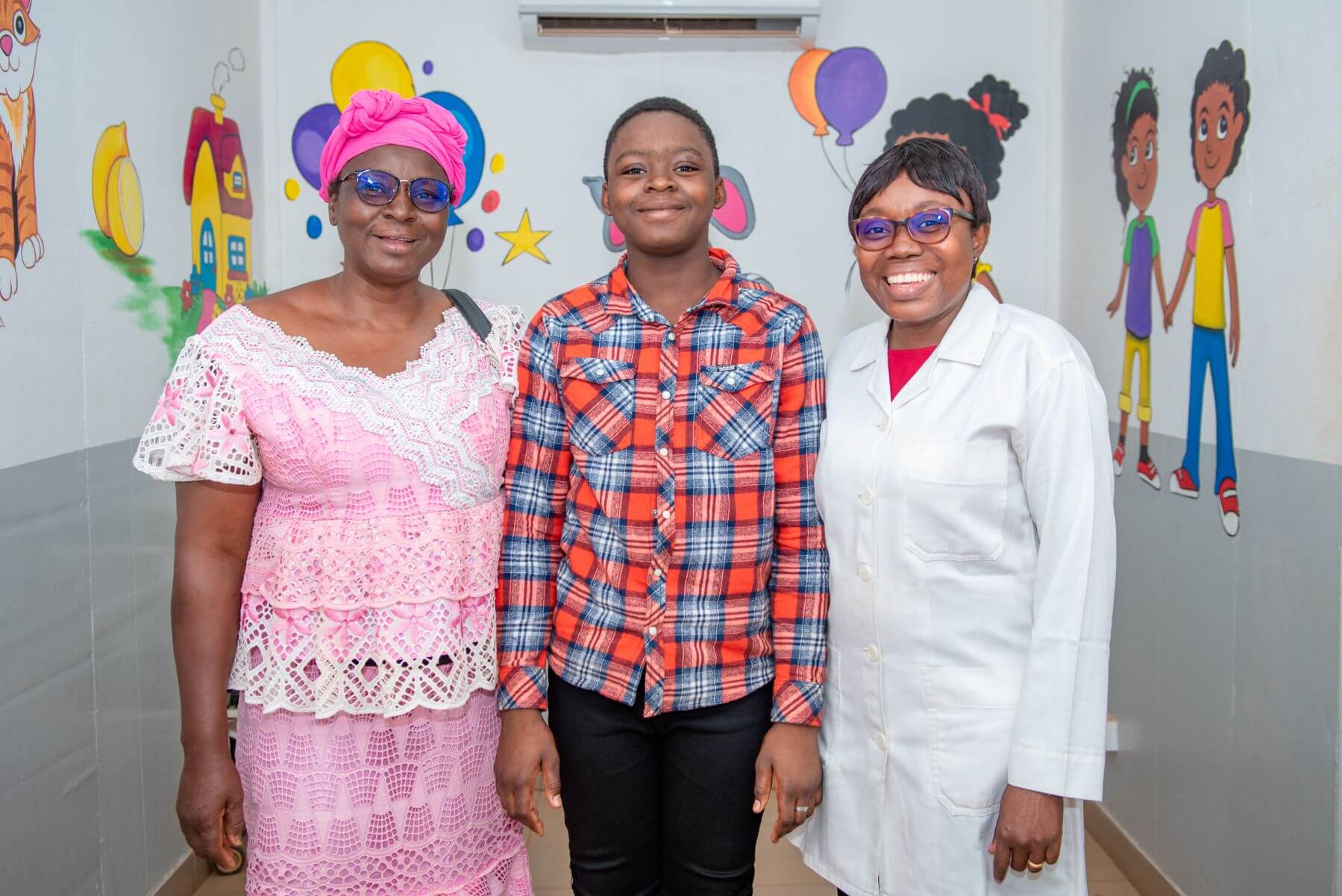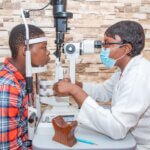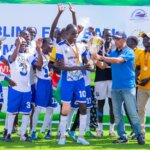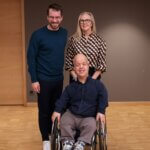- General
- Eye Health
This World Sight Day, on 9 October 2025, we shine a spotlight on four pioneering paediatric ophthalmologists in Burkina Faso, Ethiopia, Mozambique and Uganda.
In Burkina Faso, a country of 23 million, Dr Yaméogo is a pioneer of paediatric eye care — determined that no child should grow up unable to see the world clearly.
From an early age, Dr Claudette Yaméogo was drawn to a career helping others.
“When asked in school about my dream job, I always said I wanted to become a nurse — someone who cares for others,” she says.
“As I progressed through my education, I realised that the healthcare field encompasses many different professions.”
An uncle, who was a doctor, inspired Dr Yaméogo to pursue a career in medicine. While studying at university, she interned in a department of ophthalmology and discovered a passion for the field.
Her doctoral thesis focused on analysing the success of a specific technique for cataract surgery. Dr Yaméogo was grateful for the guidance of Professor Diallo Jean Wenceslas, one of her thesis supervisors, and a doctor credited with driving forward ophthalmology practice in Burkina Faso.
“Through this work, I aimed to contribute to improving eye care for our population,” Dr Yaméogo says.
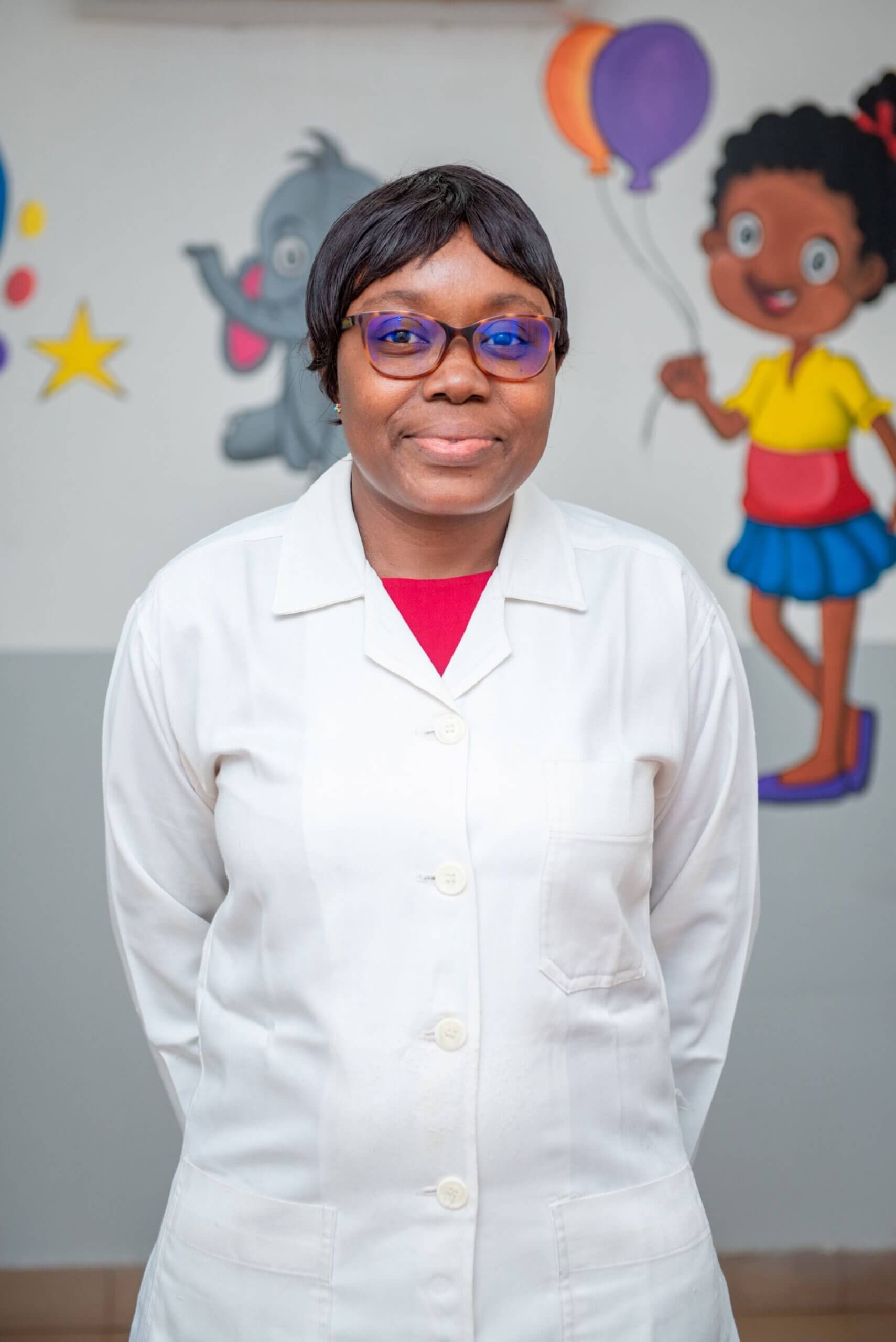
“During my specialised ophthalmology training, I realised that treating paediatric eye conditions was more complex than treating adults, as it requires specialised equipment and therapeutic approaches. This challenge led me to pursue a subspecialty in paediatric ophthalmology.”
Building child eye health expertise in Burkina Faso
Light for the World sponsored Dr Yaméogo’s training in paediatric ophthalmology under the ”1, 2, 3 I Can See! programme”. Spanning Burkina Faso, Ethiopia, Mozambique and Uganda, the 10-year programme focuses on promoting eye health in schools and reinforcing healthcare systems to improve child eye health.
Rather than relying on short-term visits from foreign doctors, the programme invests in training local doctors and teachers, strengthening health systems and building sustainable solutions.
From 2021 until the end of 2024, nearly 900 eye health professionals, non-ophthalmic health staff, teachers and educators and community health workers were trained under the programme. More than 500 children have received glasses. And, in 2024 alone, more than 20,000 children received eye tests at school.
Child eye health has also been integrated into the Ministry of Health’s Eye Health Strategic Plan, and the National School Health Guidelines were reviewed to include eye health.
After completing a diploma in paediatric ophthalmology at Cheikh Anta Diop University in Dakar, Senegal, in late 2024, Dr Yaméogo returned to practise in Burkina Faso.
She currently sees patients at the Office de Santé des Travailleurs (OST) in Bobo-Dioulasso and expects to soon also offer services at Sourô Sanou University Hospital (CHUSS).
The most common eye conditions Dr Yaméogo treats include refractive errors (which can be corrected with glasses), trachoma and, less frequently, amblyopia.
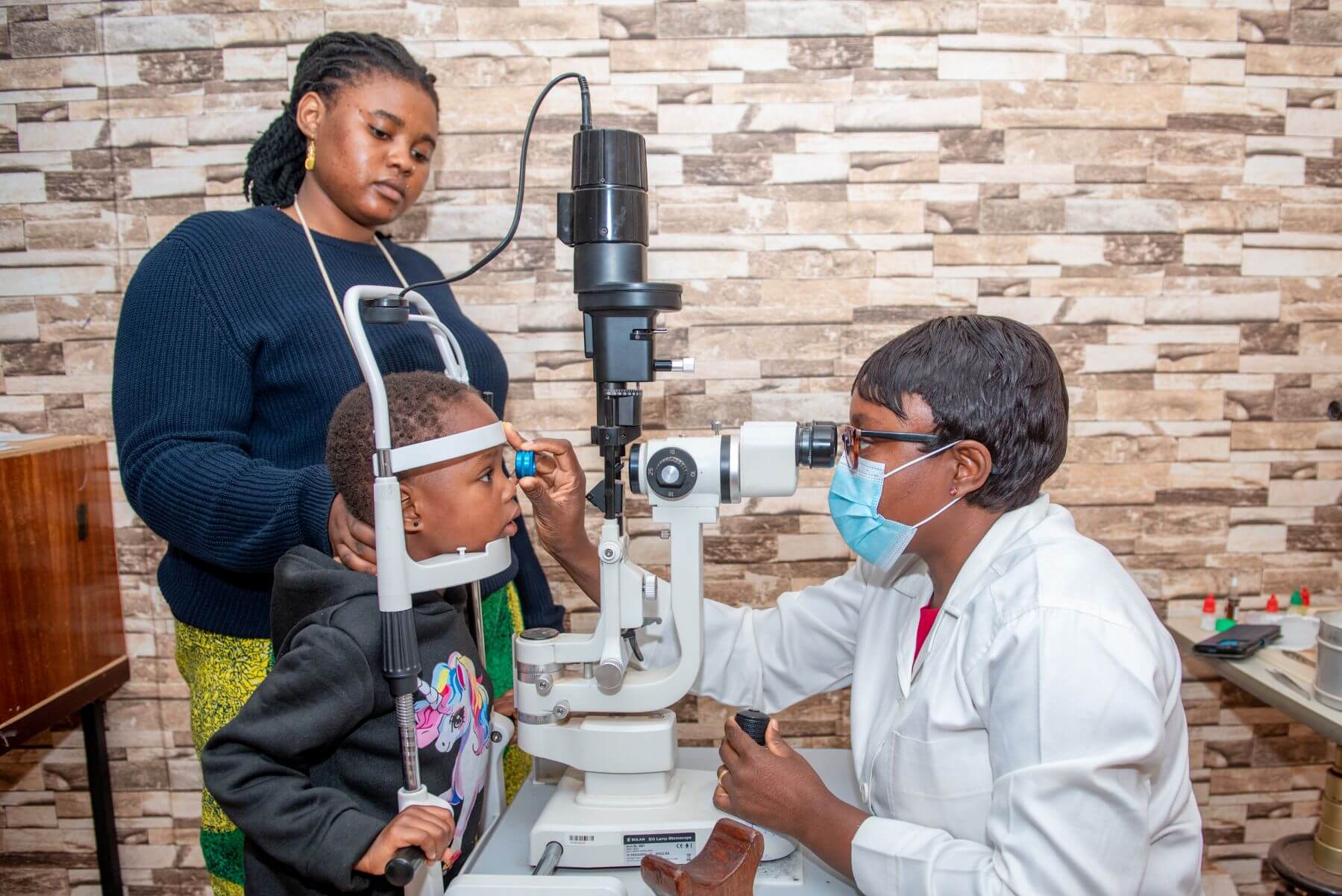
Changing perceptions, overcoming barriers
Her commitment to children’s vision is not without challenges.
The biggest obstacles to eye care in Burkina Faso include a lack of eye health specialists and equipment, and the stigma and high cost of glasses. Families living in rural areas also face long and expensive journeys to receive treatment.
This is against a backdrop of a global funding crisis for eye health. One study found average annual funding for eye health was less than 0.06% of total global health funding.
“Misconceptions about children wearing glasses, along with social stigma, continue to hinder the treatment of children with ametropia (refractive errors) requiring optical correction. Additionally, the relatively high cost of glasses remains a barrier for many families with limited income,” Dr Yaméogo, whose work has been profiled by the Associated Press, says.
“There is a significant need to train more paediatric ophthalmologists to build a multidisciplinary team, including specialists such as retinal specialists and oculoplastic surgeons.
“Raising awareness to change behaviours, improving technical facilities and participating in continuous training programmes for skill enhancement are all crucial for improving paediatric eye care.
“The training of optometrists is also an urgent necessity. High-quality paediatric ophthalmology relies on the expertise of skilled optometrists.”
A personal mission to improve child eye health
Dr Yaméogo’s work is part of a much larger challenge. Globally, 450 million children have a sight condition that requires treatment, with many unable to access affordable, available eye care, according to The International Agency for the Prevention of Blindness (IAPB).
While an estimated 40% of children are blind from eye conditions that could be managed or prevented with better access.
Early identification and treatment is essential. Research shows a child with poor vision learns approximately half as much as a child with good or corrected vision. And there is a strong economic argument — for every dollar invested in eye health, there is a return of US$28 in societal benefits.
Though the challenges are significant, trailblazers like Dr Yaméogo are making a lasting impact. The girl who once dreamed of a career helping others now helps lead Burkina Faso’s drive to identify, treat and prevent childhood eye disease.
“I was able to achieve my dream of contributing to the wellbeing of those around me,” Dr Yaméogo says.
“It is deeply satisfying to contribute to a child’s treatment. I feel immense joy knowing that I have helped preserve their vision.”
